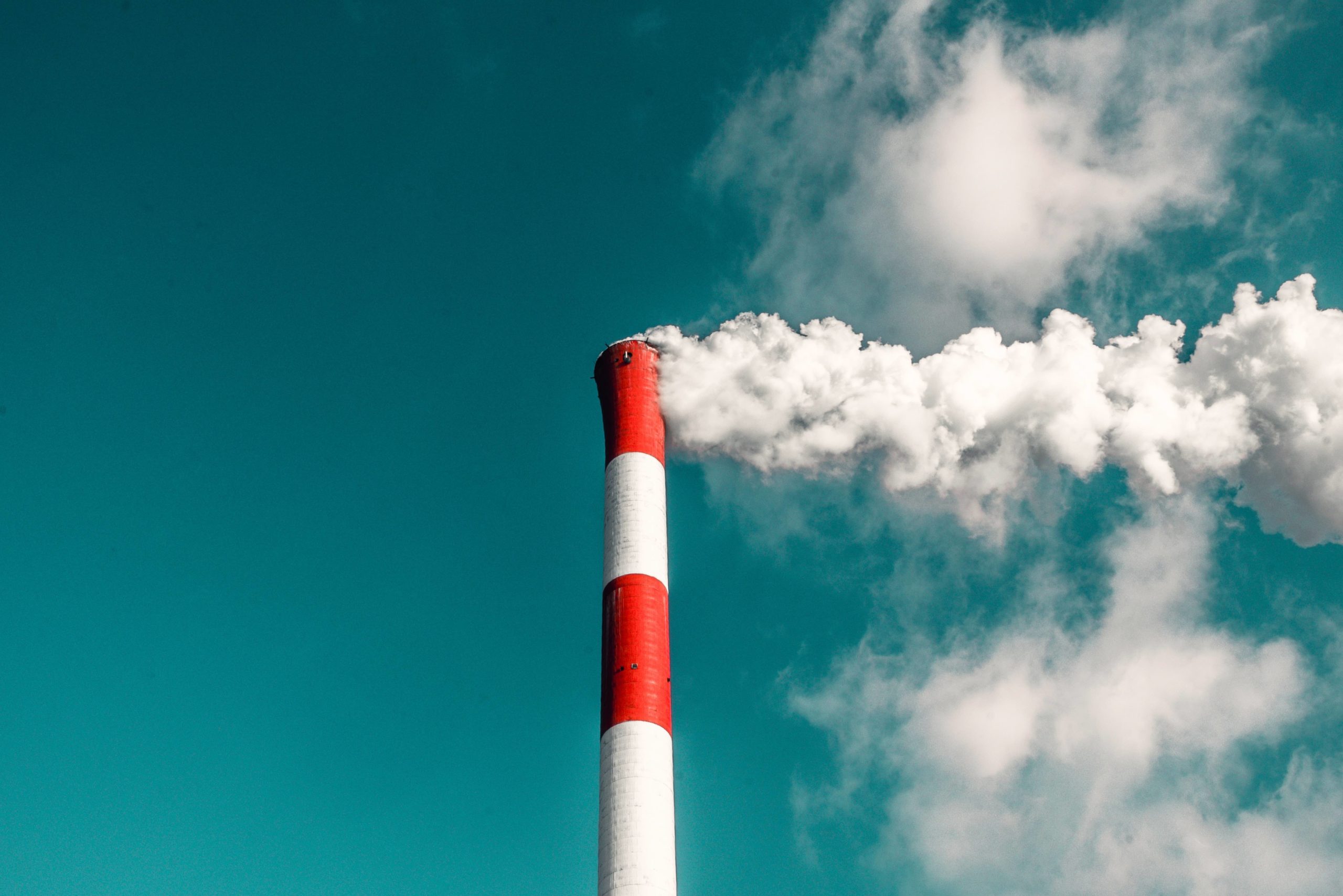
Environment /
The World Health Organisation and the UK Government recognise air pollution to be the largest environmental health risk we face today. While plastic pollution has been front and centre of recent pollution concerns (with good reason), this other insidious and oft overlooked type of pollution continues to cause deaths around the world.
With Coronavirus top of the health agenda, many other health concerns have been pushed aside, especially those we cannot see, such as the air we breathe. Air pollution has caused more deaths than COVID this year, and yet the issue has been easily ignored by the world’s politicians. This is not to downplay the impact of COVID or to compare the two concerns, but more to raise awareness of the sheer number of deaths that continue to occur year on year due to pollution and its related diseases.
Those most impacted by pollution (MAPA – most affected people and areas) are often those least contributing to the problem globally, specifically those with lower socioeconomic status (SES). Unfortunately, the impacts of environmental health hazards such as air pollution continue to disproportionately affect those from lower SES communities, making them disappointingly easy for governments to ignore. When it comes to pollution, young children, adults and households in poverty have the highest levels of exposure, despite there being an inverse relationship between poverty and emissions generation (i.e. people who live in poverty have lower emissions). This is therefore an environmental justice issue and requires a collective global response.
In the UK, pollution is a bigger killer than smoking, and costs the UK economy over £20bn per year. The biggest culprits are Nitrogen dioxide (NO2), emitted mainly by diesel vehicles, and PM2.5, fine particulate matter linked to adverse health effects. In Europe the toxic air is causing more than 1000 premature deaths each day from PM2.5 – a figure which is 10 times higher than the number of deaths from traffic accidents. A recent study by King’s College found that adults living within 50 meters of a busy road parameter had an increased risk of lung cancer by 10%, and children suffered from stunted lung growth by 3-14%. To put this in perspective, around a third of Londoners (about three million people) are thought to live in these high-risk areas.
Some work is being done, however, to reduce the amount of pollution affecting people around the UK, especially those living in cities. A coalition of 15 health and environment NGOs are calling for legal levels of particulate pollution to be reduced to the limits indicated by the World Health Organization by 2030. At the moment, current UK legal limits for PM2.5 are more than double this, and no political party has committed to bringing levels down to the WHO suggested limit by 2030. Thankfully, studies suggest that pollution levels drop rapidly in response to pollution-reducing measures and events, for example during the 2019 Extinction Rebellion protests, or throughout various Olympic Games. In fact, data collected by Centre for Research on Energy and Clean Air suggests that the incidental reduction in pollution at the start of the coronavirus pandemic prevented approximately 15,000 deaths. This gives some hope that any measures implemented to reduce city pollution levels will have immediate beneficial effects even within the space of a number of days. In the meantime, these are a few ways you can reduce your exposure to air pollution.
How can we protect ourselves and others against pollution?